Be careful what you say in Exeter, New Hampshire—if you bad mouth a police officer, it could result in your arrest. On May 23, Robert W. Frese was taken into custody for doing just that.
To be fair, Frese has a bit of a past with law enforcement. His past convictions include charges of "fraud, criminal trespassing, and a hit-and-run. (His vehicle was easy to track because of its notable vanity plate: TRUMP1.)"
The only thing Frese did wrong this time, however, was comment on an article in Seacoast Online about retiring police officer Dan D'Amato. In his comment, he claimed that D'Amato had treated him "unfairly" and that Police Chief William Shupe had "covered up for this dirty cop."
The police charged Frese with criminal defamation of character, a Class B misdemeanor. The criminal complaint against him read:
[Frese] purposely communicated on a public website, in writing, information which he knows to be false and knows will tend to expose another person to public contempt, by posting that Chief Shupe covered up for a dirty cop.
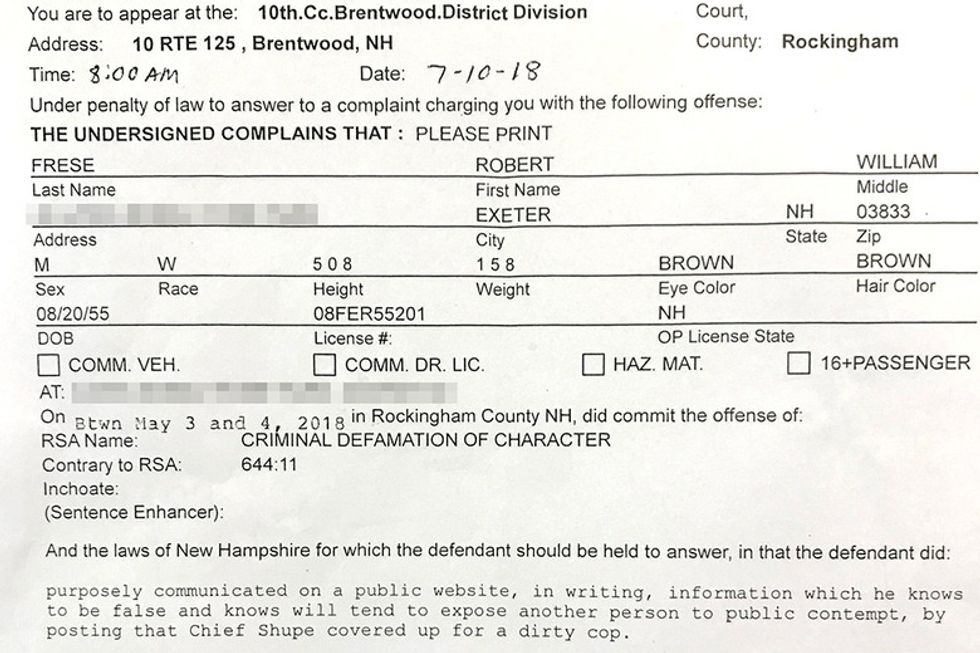
This entire situation is outside the usual jurisdiction of a police force. Class B misdemeanors frequently incur fines, but rarely mean any serious punishment, and police officers almost never detain an individual whose alleged crime can't incur jail time.
Perhaps in light of that fact, police "released Frese on his own reconnaissance." He is set to return on July 10 for his arraignment.
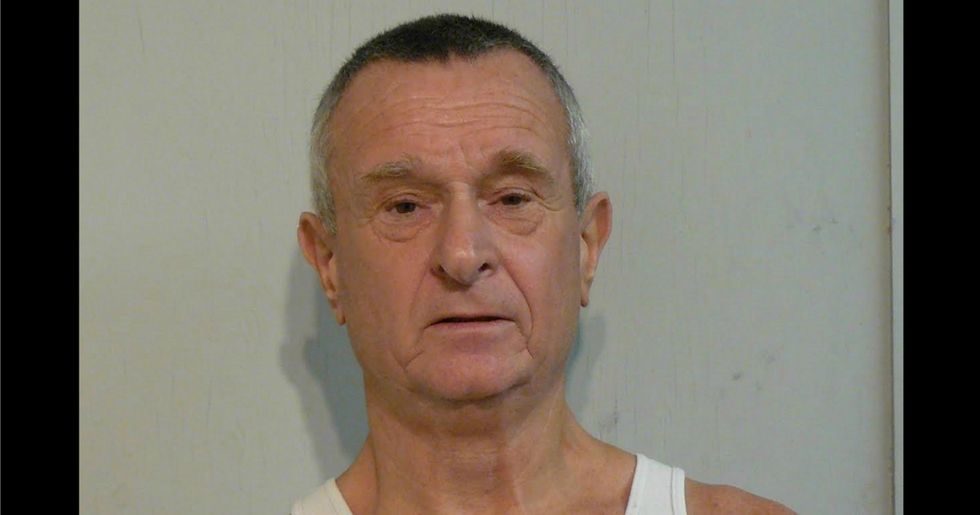
Civil rights advocates are stepping forward to point out reasons why Frese's arrest may be illegal.
Some believe that the law upon which his arrest was based may be unconstitutional. The statute claims that "false speech" which "tend[s] to expose another person to public contempt" is illegal, but some lies are protected by our first amendment right to free speech (just ask the President).
The vague nature of the statute also makes it more difficult to defend legally.
Even if the law is constitutional, that doesn't mean it gives the police a right to prosecute. According to precedent set by New York Times v. Sullivan, false criticisms of public figures can't be illegal unless they're made with "actual malice"—that is to say, the liar must know they are lying, or must be making his comments so recklessly that the truth is completely disregarded.
To charge Frese, police must PROVE he didn't actually believe the things he said about Chief Shupe in his comment. This seems unlikely.
Gilles Bissonnette, legal director of the New Hampshire ACLU, commented to Slate:
It appears that the police may be using this statute to suppress speech that is critical of police. This is deeply troubling.
While Robert Frese's arrest seems to be an isolated incident, many worry it's actually just the anomaly that got noticed. Many, including immigration activists, protestors, and journalists, have found themselves wrongfully detained because of their criticisms for law enforcement.
Our police forces are an integral part of our democracies foundation, but no part of the public sector can be left without proper regulation and oversight.
H/T - Slate, Seacoast Online, Getty Images



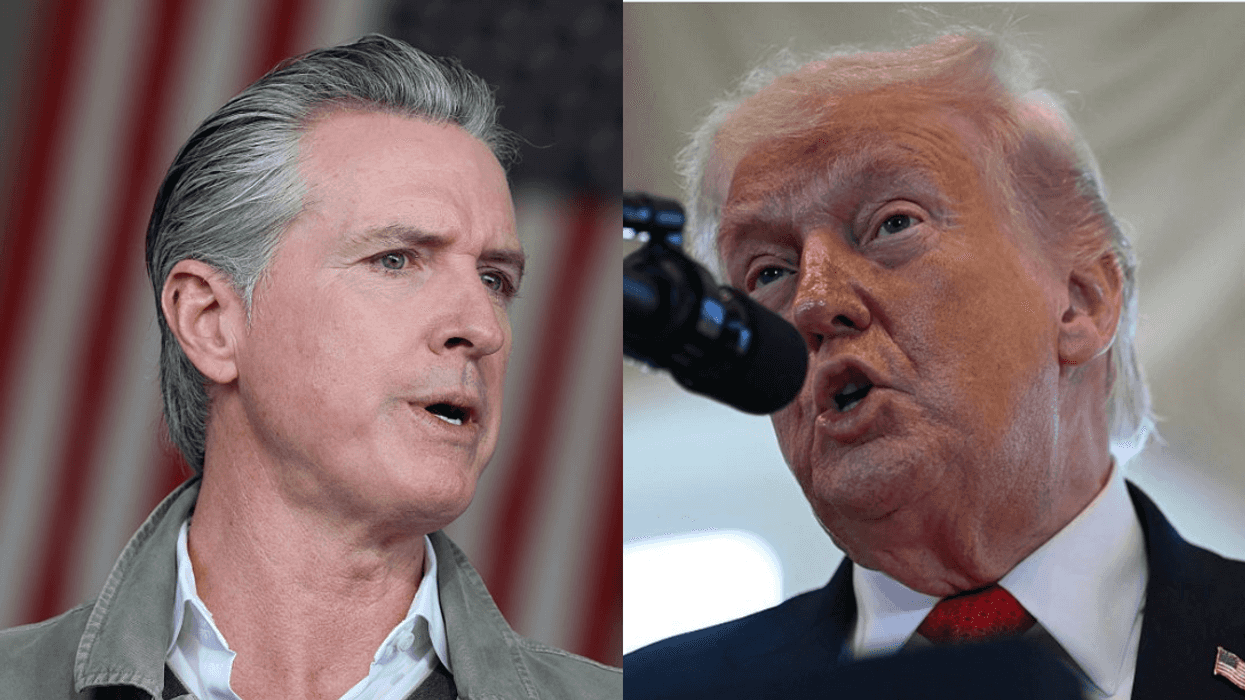











 Awkward Pena GIF by Luis Ricardo
Awkward Pena GIF by Luis Ricardo  Community Facebook GIF by Social Media Tools
Community Facebook GIF by Social Media Tools  Angry Good News GIF
Angry Good News GIF 
 Angry Cry Baby GIF by Maryanne Chisholm - MCArtist
Angry Cry Baby GIF by Maryanne Chisholm - MCArtist 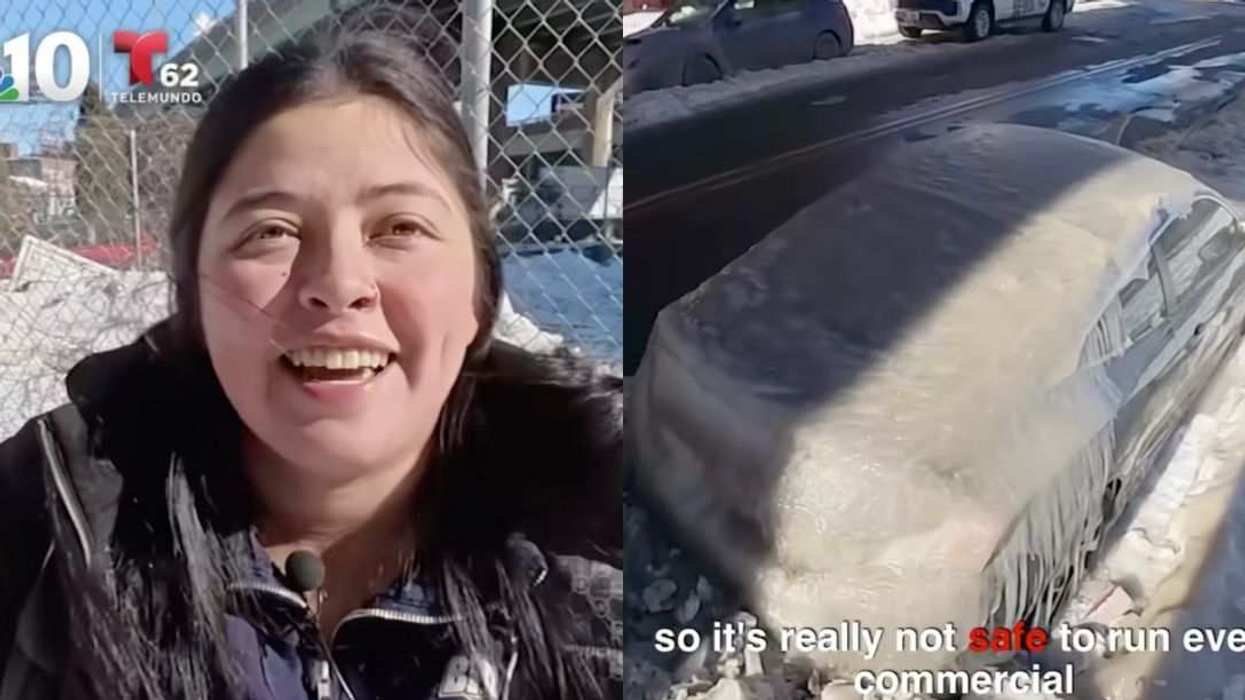
 @adriana.kms/TikTok
@adriana.kms/TikTok @mossmouse/TikTok
@mossmouse/TikTok @im.key05/TikTok
@im.key05/TikTok @biontrtwff101/TikTok
@biontrtwff101/TikTok @likebrifr/TikTok
@likebrifr/TikTok @itsashrashel/TikTok
@itsashrashel/TikTok @ur_not_natalie/TikTok
@ur_not_natalie/TikTok @rbaileyrobertson/TikTok
@rbaileyrobertson/TikTok @xo.promisenat20/TikTok
@xo.promisenat20/TikTok @weelittlelandonorris/TikTok
@weelittlelandonorris/TikTok @katiebullit/TikTok
@katiebullit/TikTok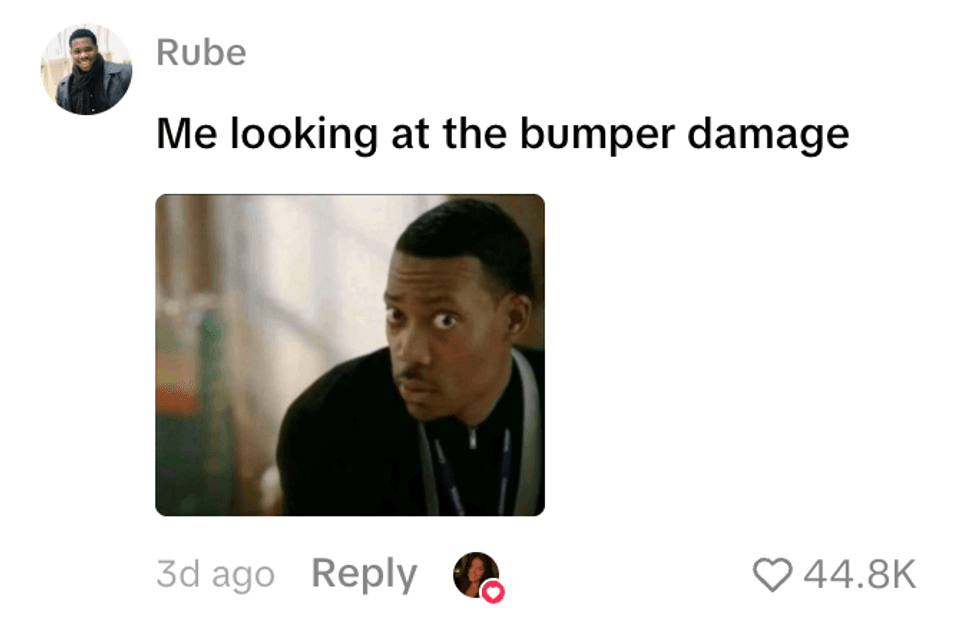 @rube59815/TikTok
@rube59815/TikTok
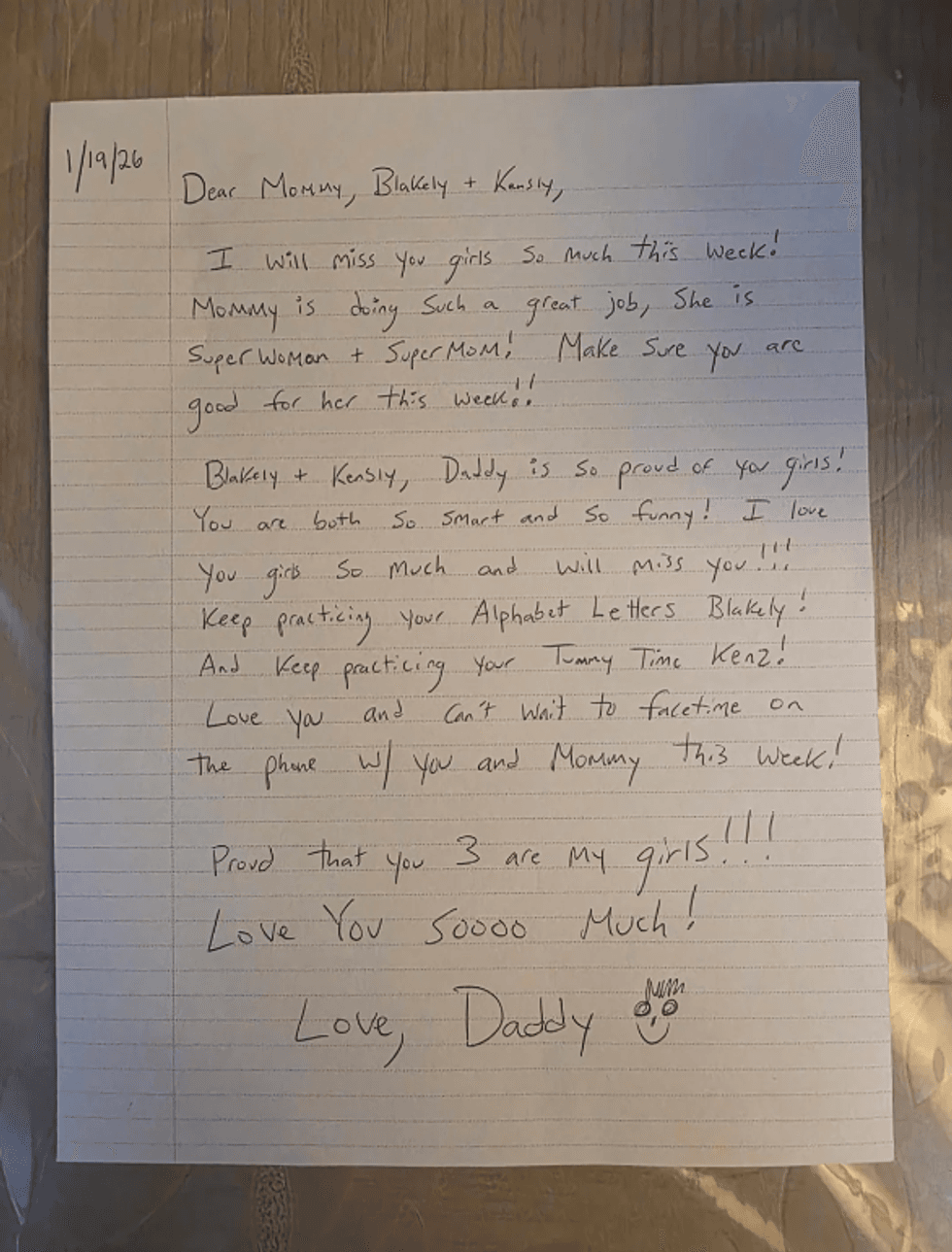 u/Fit_Bowl_7313/Reddit
u/Fit_Bowl_7313/Reddit